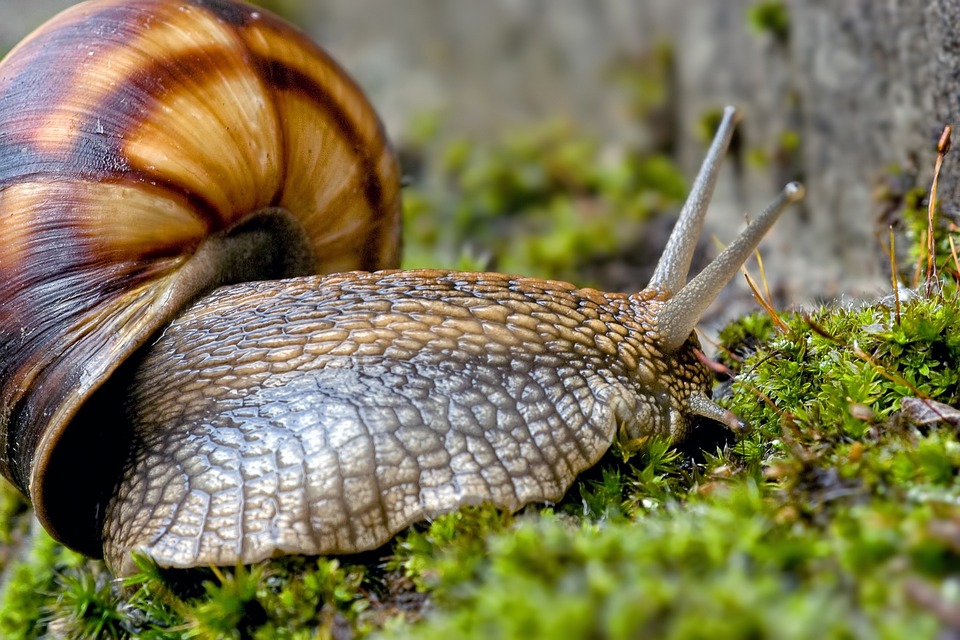Introduction
Soil plays a crucial role in the growth and health of plants.
It serves as a foundation for roots, provides essential nutrients, and aids in water storage and filtration.
Neglecting soil care can significantly impact the success of your garden or agricultural endeavors.
In this article, we will explore the importance of soil care and how it contributes to the overall well-being of plants.
1. Understanding the Role of Soil
Healthy soil is a living ecosystem consisting of minerals, organic matter, water, air, and a variety of beneficial organisms.
It provides stability for plants, serving as an anchor for roots to take hold and support their growth.
Moreover, soil acts as a reservoir for nutrients, crucial for plant development.
Understanding the composition and characteristics of your soil can help you make informed decisions about how best to care for it.
2. Nutrient Availability and Fertilization
One key aspect of soil care is ensuring the availability of essential nutrients for plants.
Different plants have varying nutrient requirements, and the soil’s nutrient content can impact their growth and productivity.
Regularly testing your soil can help determine which nutrients are lacking and enable you to apply appropriate fertilizers to supplement these deficiencies.
Proper fertilization practices ensure that plants have access to the necessary nutrients for optimal growth.
3. Soil Structure and Aeration
Soil structure refers to the arrangement of soil particles and the spaces between them.
Poor soil structure can negatively affect plant growth by limiting root penetration, water infiltration, and air movement.
Compacted soils, often caused by heavy machinery or excessive foot traffic, can lead to reduced nutrient availability and hinder root development.
Aerating the soil, either mechanically or through organic practices like adding compost, can improve soil structure and promote healthy root growth.
4. Soil Water Management
Water is vital for plant survival and proper soil care involves effective water management.
Soil with good water-holding capacity helps prevent waterlogging and excessive runoff, reducing the risk of soil erosion and water pollution.
Adequate drainage is important to prevent root rot and other water-related plant diseases.
Mulching, incorporating organic matter, and using irrigation techniques like drip irrigation or soaker hoses can help optimize soil moisture levels and conserve water.
5. Soil Health and Organic Matter
Soil health relies on the presence of organic matter, which supports a diverse and thriving soil ecosystem.
Organic matter enhances soil fertility, improves nutrient retention, and aids in the breakdown of pollutants.
Regularly incorporating compost, cover crops, or organic amendments strengthens the soil’s ability to hold nutrients, retain moisture, and resist soil degradation.
By nurturing the soil’s organic matter content, you are ensuring the long-term health and productivity of your plants.
6. Pest and Disease Control
Proper soil care can also contribute to pest and disease control.
Healthy, well-maintained soil promotes the growth of robust, thriving plants, making them less susceptible to pests and diseases.
Implementing crop rotation, practicing good sanitation, and avoiding over-irrigation or waterlogging can prevent the accumulation of harmful pathogens and pests in the soil.
Regular monitoring and early intervention are crucial for mitigating the risk of plant damage caused by insects, fungi, or other pathogens.
FAQs
Q1: How often should I fertilize my soil?
A1: Fertilizer application frequency varies depending on the specific plant’s needs and soil conditions.
Conduct a soil test to determine nutrient levels and follow the recommendations provided.
Generally, it is advisable to fertilize according to plant growth stages and avoid over-fertilization, as it can lead to nutrient imbalances and environmental pollution.
Q2: Is it better to water deeply or frequently?
A2: Deep watering at longer intervals is generally recommended over frequent shallow watering.
Deep watering encourages deep root growth and reduces the risk of water wastage through evaporation.
However, specific watering needs may vary depending on factors such as soil type, plant species, and local climate conditions.
It is important to monitor soil moisture levels and adjust your watering practices accordingly.
Q3: How can I improve soil structure without machinery?
A3: Improving soil structure without machinery can be achieved through organic practices.
Regularly adding compost or well-rotted organic matter can enhance soil structure by improving drainage and increasing nutrient availability.
Additionally, avoiding heavy foot traffic on the soil and using raised beds or containers can prevent soil compaction and promote healthy root growth.




